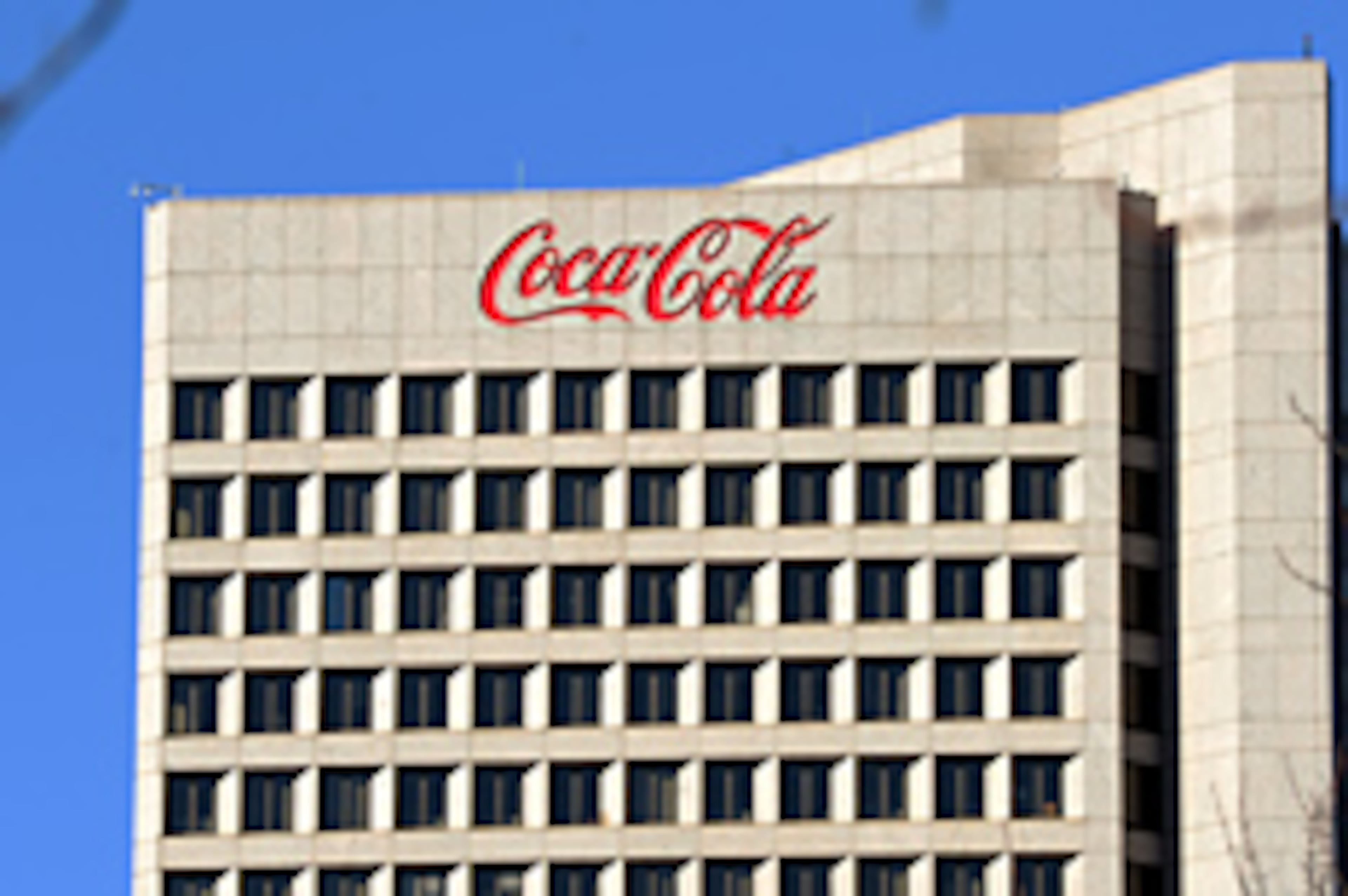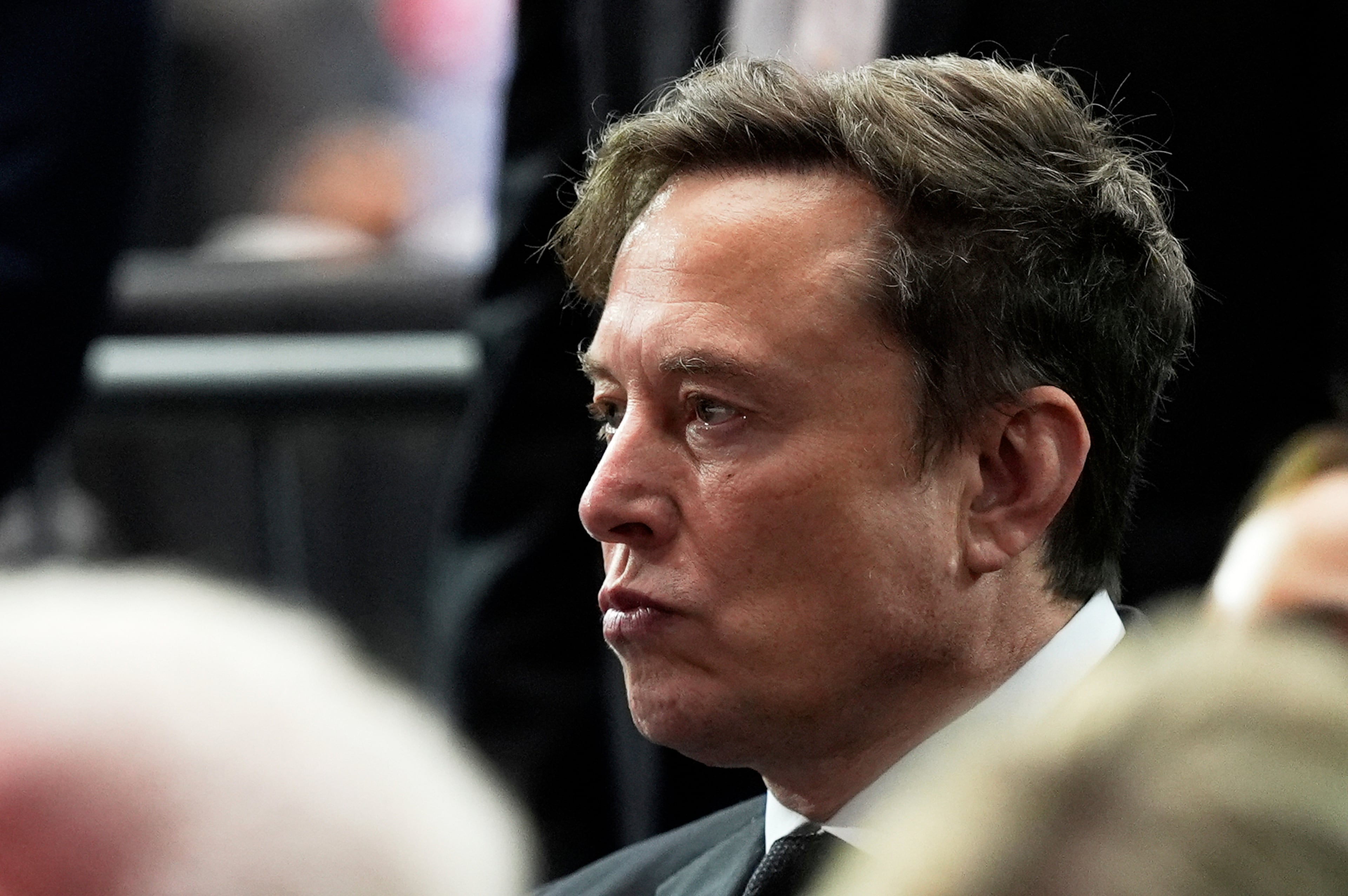Georgia startup’s solar tech can power spacecraft. It won a key contract.

Technology created by a metro Atlanta firm could soon be orbiting the Earth on a satellite or planted on the south pole of the moon to help make it potentially habitable for humans. And the federal government is helping make that happen.
Atomic-6, a Marietta-based startup that makes lightweight structures for extreme environments used primarily by the aerospace and defense industries, has received a $2 million contract from the U.S. Space Force, the company announced Wednesday. The contract will help Atomic-6 complete flight qualification testing of its Light Wing product, which is a solar array that can transform the sun’s energy into power for spacecraft.
“The things that we are making are for new private space stations … and also new satellite systems, as well as infrastructure on the moon,” Trevor Smith, founder and CEO of Atomic-6, told The Atlanta Journal-Constitution.
The array is essentially like a solar panel on Earth, but instead of being a stiff fixture mounted on a roof or other structure, it is a series of flexible carbon fiber panels attached to a tube that can furl and unfurl like a party noisemaker. The panels fold like an accordion when not deployed.

The Light Wing’s seemingly simple mechanics belie its role powering technology of the future. One of Atomic-6’s clients plans to put the array on a satellite data center slated to launch into space in early 2027. The startup is also working to get a 150-foot-tall Light Wing array on the moon’s south pole that could help power mining missions or human habitation, Smith said.
But before that can happen, the Light Wing has to go through flight qualification, which essentially puts the technology through tests here on Earth to mimic what it will go through mounted on a rocket, hurtling through extreme temperatures or operating in the vacuum of space, according to Smith. The testing takes, on average, 12 to 18 months, he said.

In all, Smith said Atomic-6 has received more than $12 million in research contracts from the Department of Defense for Light Wing and its other product, a type of armor for spacecraft. It can protect against small debris traveling at Mach 21 — that’s 21 times the speed of sound, or the speed to get from Atlanta to Los Angeles in under 10 minutes.
In addition to the funding, Atomic-6 announced Chris Hadfield, the retired Canadian astronaut and former commander of the International Space Station, who went viral for singing and playing guitar while aboard the spacecraft, has joined the company’s advisory board.



